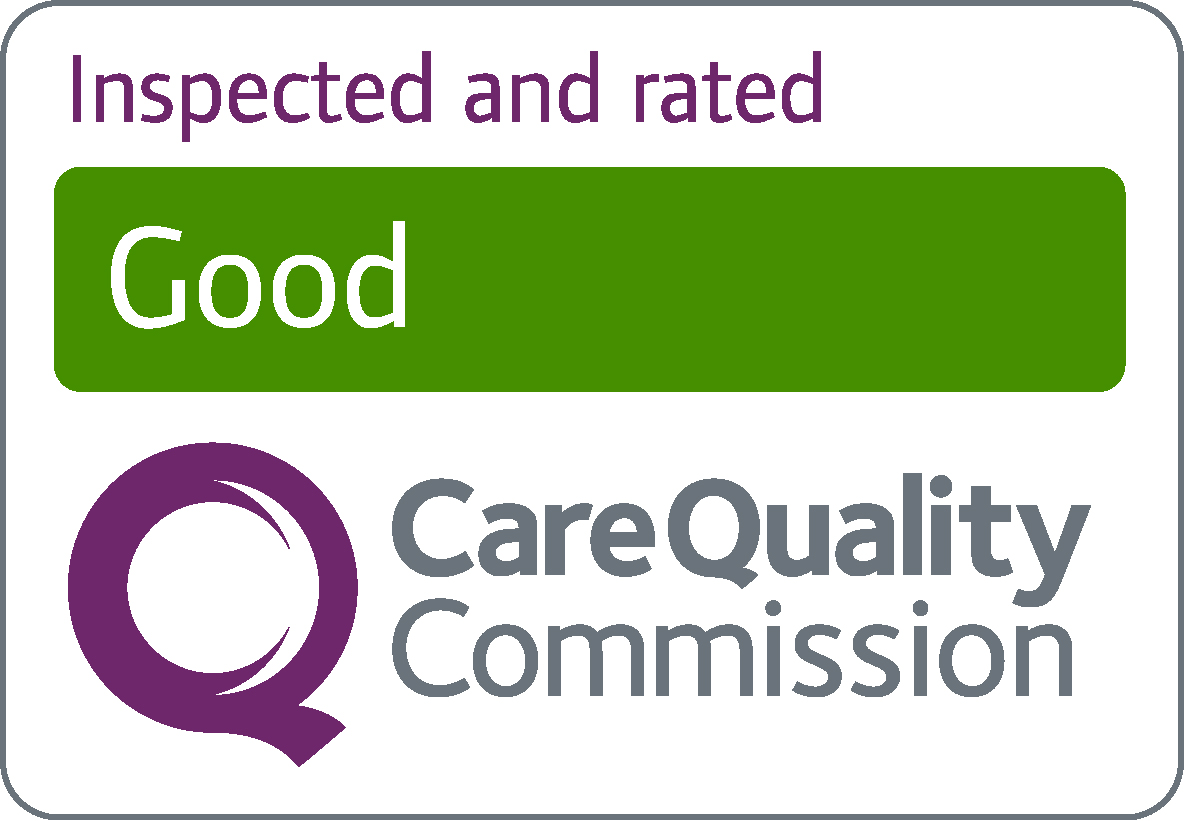October 7, 2025
How to Get Ready for Your First Venesection Visit
Receiving a referral for venesection—sometimes called therapeutic phlebotomy—can leave you wondering what the procedure involves and how to get ready. A bit of planning can help everything to feel a little less daunting.
At Chequers Health, we walk you through each stage of care so you can arrive feeling composed and ready.
Preparation Checklist for Your First Visit
Before your first venesection, please ensure you:
- Bring the latest blood test results showing haemoglobin, ferritin, and haematocrit; these tests confirm the procedure is clinically appropriate.
- Double-check the appointment date, time, and clinic address, and plan to arrive 10 minutes early.
- Organise a lift home if you worry you might feel faint or unsteady following the procedure.
- Choose loose, comfortable clothing, especially short sleeves or sleeves that roll easily above the elbow.
Items to Bring Along
- Bring a form of photo identification; this is needed to confirm your identity for private care.
- Write out a list of the medications you take, paying particular attention to blood thinners and cardiovascular drugs.
- Include any letters or test results from your GP or referral specialist that are relevant to the venesection.
- A small snack and bottle of water after your appointment will support your recovery.
What You Should Avoid Prior to the Procedure
- Intense physical activity—Steer clear of heavy exercise within several hours of your appointment.
- Alcohol—It may lead to dehydration and can worsen dizziness afterward.
- Large, greasy meals—A light meal is preferable to avoid discomfort while lying flat.
- Skipping meals—Have a small meal to help keep your blood sugar balanced and stable.
- Hydration and Fasting Instructions
- Hydration—Hydrate well in the hours leading to your appointment; good veins are easier to find.
- Fasting—Fasting is usually not needed for venesection, unless your physician orders it for other tests.
Internal Links
From this page, you can link to:
FAQs About Preparing for Venesection
Yes, moderate amounts are fine, but plain water is best for hydration.
Only follow your doctor’s advice—never stop a medication on your own.
Recovery ordinarily permits a return to routine activities, assuming the individual feels capable; nevertheless, some elect to take the remainder of the day to rest.
A chaperone is generally unnecessary, though having someone present can provide comfort during the initial appointment.
A transient sensation of fatigue or light-headedness may occur; however, such symptoms typically resolve promptly with adequate rest and fluid intake.
Have questions? Get in touch
If you would like to learn more about anything you’ve read here, our team at Chequers is happy to help. You can speak with us directly by calling 01204 928850, or book an appointment easily through our website. Your questions and concerns matter and we’re here to support you every step of the way.


